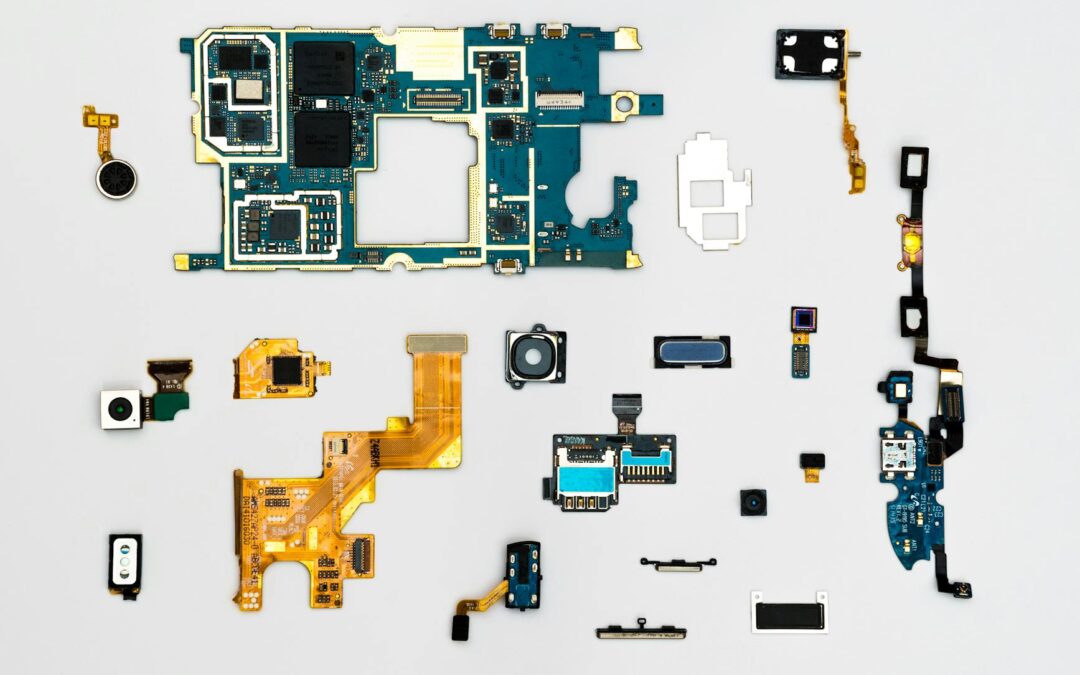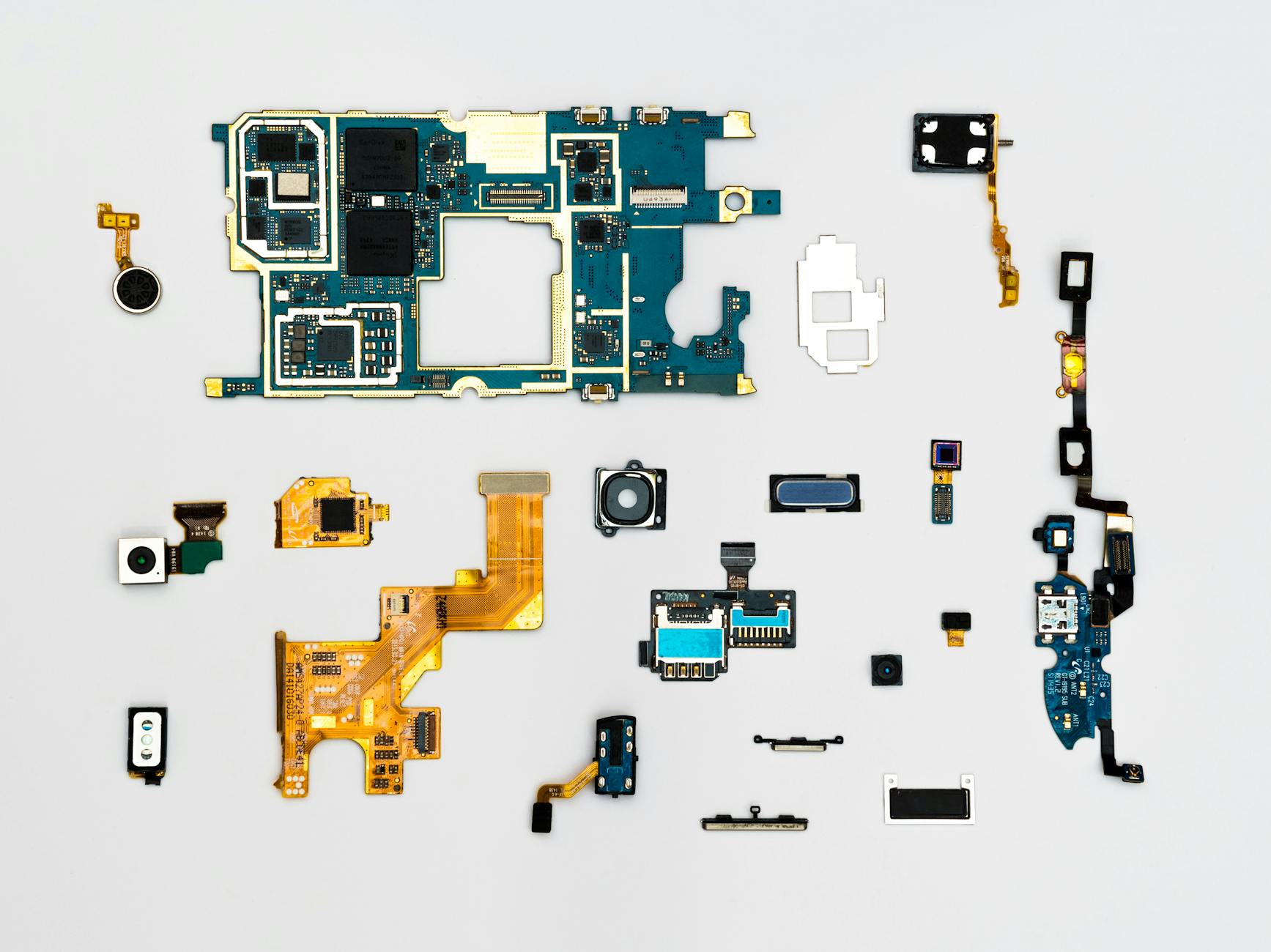Unlock the mysteries of artificial intelligence with this beginner’s guide to the fascinating world of AI technology and innovation.
Table of Contents
Artificial Intelligence, or AI, has become a buzzword in today’s world, with its applications touching almost every aspect of our lives. From virtual assistants to self-driving cars, AI technology has revolutionized the way we interact with machines and the world around us. In this comprehensive guide, we will delve into the fascinating world of AI, exploring its history, current applications, benefits, challenges, and ethical considerations, while pondering on the potential future directions of this groundbreaking technology.
Historical Context of AI
The origins of Artificial Intelligence can be traced back to the 1950s when the term was first coined by computer scientist John McCarthy. Since then, AI has evolved through various stages of development, with key milestones such as the creation of the first AI program, Logic Theorist, in 1956, and IBM’s Deep Blue defeating world chess champion Garry Kasparov in 1997.
Current Applications of AI
Today, AI technology is being utilized across a wide range of sectors, from healthcare and finance to transportation and entertainment. One of the most popular and widely-used AI applications is virtual assistants like Siri, Alexa, and Google Assistant, which help users with tasks ranging from setting reminders to answering general knowledge queries.
Benefits of Artificial Intelligence
The integration of AI into various industries has led to significant benefits, including increased productivity, accuracy, and efficiency. In the healthcare sector, AI-powered tools can assist in diagnosing diseases and developing treatment plans, while in finance, AI algorithms can analyze vast amounts of data to detect fraud and make investment decisions.
Challenges and Ethical Concerns in AI
Despite its numerous advantages, AI also raises several challenges and ethical concerns. Issues such as bias in algorithms, data privacy, and the potential misuse of AI technology are areas of concern that require careful consideration and regulation to ensure responsible AI development and deployment.
Future Directions of AI
Looking ahead, the future of AI holds immense potential for further innovation and advancement. Emerging trends in AI research, such as explainable AI and quantum computing, are poised to revolutionize industries and society as a whole, paving the way for a more interconnected and intelligent world.
Can Skynet Happen?
The concept of a hostile AI takeover, as depicted in the Terminator franchise by the fictional Skynet system, raises questions about the potential risks of AI becoming uncontrollable or posing a threat to humanity. While such scenarios may seem far-fetched, it is crucial to consider the factors that could lead to such a situation, such as lack of regulation, advanced autonomous systems, and unforeseen consequences of AI development.
| Topic | Description |
|---|---|
| What is AI? | Artificial Intelligence refers to the simulation of human intelligence processes by machines, such as learning, reasoning, and problem-solving. |
| Types of AI | There are two main types of AI: Narrow AI (which is focused on a specific task) and General AI (which can perform any intellectual task that a human can). |
| Applications of AI | AI is being used in various industries, including healthcare, finance, transportation, and more, to improve efficiency and productivity. |
| The Rise of AI | AI has been rapidly advancing in recent years, with new breakthroughs in machine learning, deep learning, and neural networks driving its growth. |
| Challenges of AI | There are ethical and societal concerns surrounding AI, including issues related to privacy, bias, and the impact on jobs. |
Preventing a Skynet Scenario
To prevent a Skynet-like scenario from becoming a reality, it is essential to prioritize responsible AI development practices and establish clear guidelines for AI deployment. By implementing ethical standards, transparency in algorithms, and ensuring human oversight in critical decision-making processes, we can mitigate the risks associated with AI technology and foster a safe and beneficial environment for its continued advancement.
Expert Interviews and Perspectives
Throughout our exploration of the world of AI, we will be engaging with AI experts and professionals in the field to gain valuable insights and perspectives on the current state of AI technology, as well as the future possibilities that lie ahead. Stay tuned for exclusive interviews and expert opinions on the exciting developments in the world of Artificial Intelligence.
Interactive Q&A and Engaging with Readers
We value your input and welcome your thoughts and questions on all things AI-related. Join us in interactive Q&A sessions and discussions where you can share your ideas, concerns, and curiosity about the world of Artificial Intelligence. Let’s embark on this journey together as we unravel the mysteries and marvels of AI technology.
FAQ
What is Artificial Intelligence?
Answer 1: Artificial Intelligence refers to the simulation of human intelligence processes by machines, enabling them to learn, reason, and solve problems.
What are the main types of AI?
Answer 2: There are two main types of AI: Narrow AI, which focuses on specific tasks, and General AI, which can perform any intellectual task that a human can.
How is AI being used in various industries?
Answer 3: AI is utilized across different sectors, including healthcare, finance, transportation, and entertainment, to enhance efficiency and productivity through automation and data analysis.
What are the ethical concerns surrounding AI?
Answer 4: Ethical issues in AI include bias in algorithms, data privacy, and the potential misuse of AI technology, emphasizing the need for responsible development and deployment practices to address these concerns.


Recent Comments